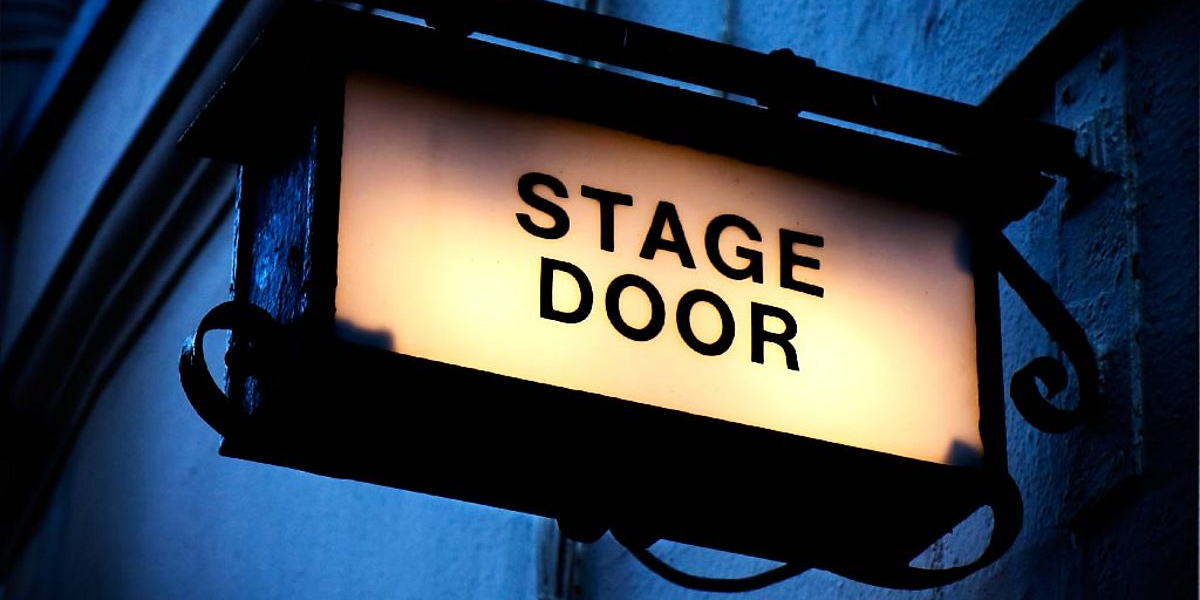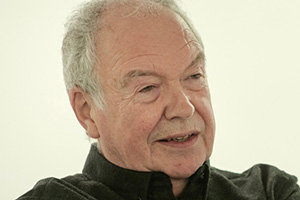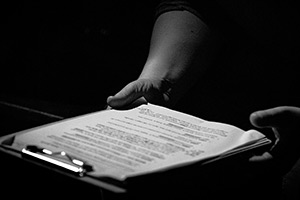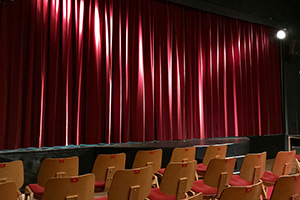Going live

Micheál Jacob's long career as an executive producer and script editor encompasses a plethora of television and radio comedies, including Birds Of A Feather, Two Pints Of Lager And A Packet Of Crisps, Goodnight Sweetheart, My Family, Eyes Down, Thieves Like Us, The Smoking Room, Not For Turning and Dead Canny.
It's always interesting to fall into some new and unexpected area. I never thought I'd spend five years producing and writing for a sketch group. And I never thought I'd get involved in helping to develop live spoken word shows, and now as well a character comedy hour.
The...
Sign up or log in now
Confirm your subscription and start enjoying the benefits of Pro right away.





